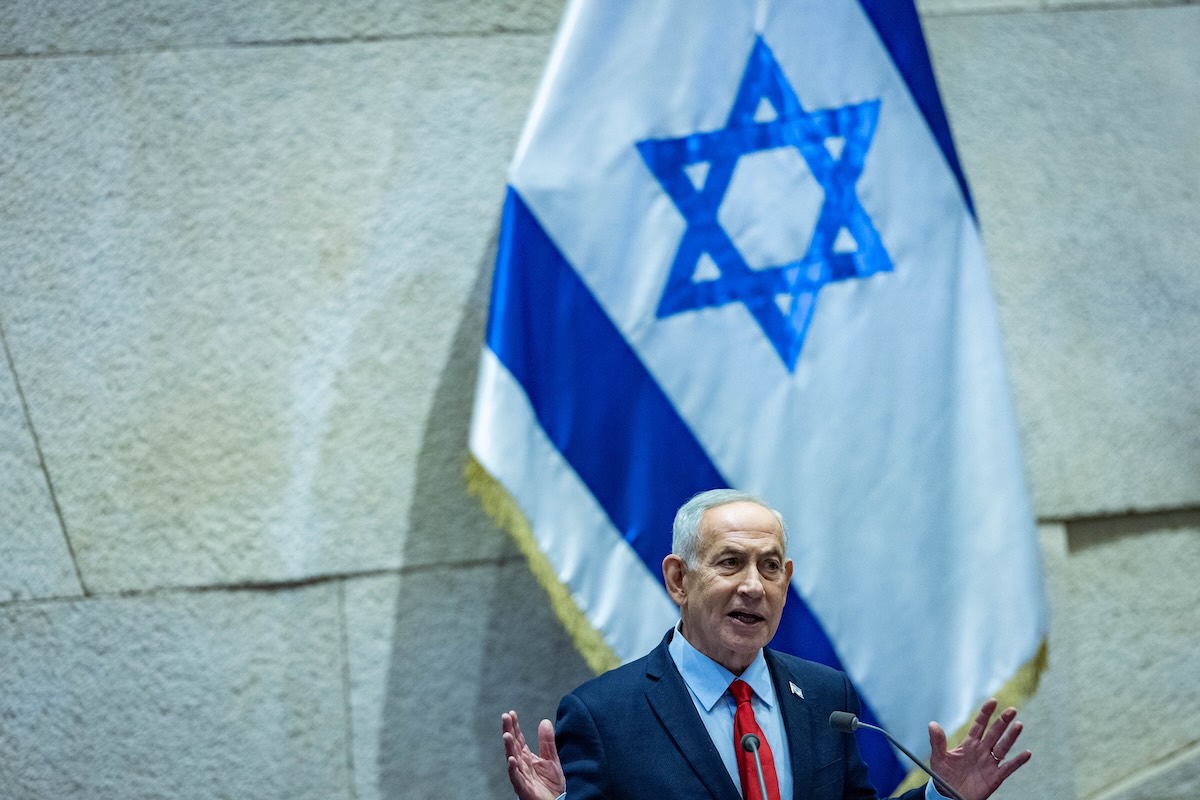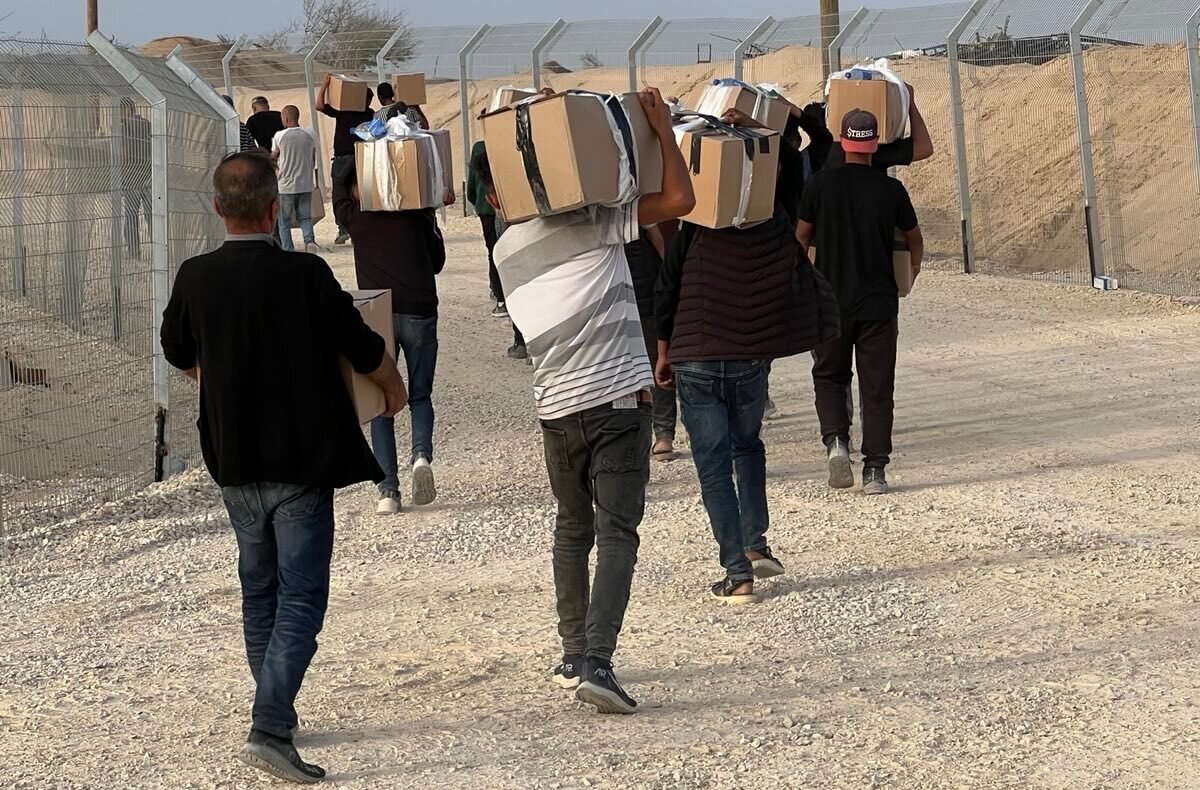Beirut Declaration on Saudi Peace Initiative
March 28, 2002
Following is an official translation of the full text of a Saudi-inspired peace plan adopted by an Arab summit in Beirut:
The Arab Peace Initiative
The Council of Arab States at the Summit Level at its 14th Ordinary Session, reaffirming the resolution taken in June 1996 at the Cairo Extra-Ordinary Arab Summit that a just and comprehensive peace in the Middle East is the strategic option of the Arab countries, to be achieved in accordance with international legality, and which would require a comparable commitment on the part of the Israeli government.
Having listened to the statement made by his royal highness Prince Abdullah bin Abdul Aziz, crown prince of the Kingdom of Saudi Arabia, in which his highness presented his initiative calling for full Israeli withdrawal from all the Arab territories occupied since June 1967, in implementation of Security Council Resolutions 242 and 338, reaffirmed by the Madrid Conference of 1991 and the land-for-peace principle, and Israel’s acceptance of an independent Palestinian state with East Jerusalem as its capital, in return for the establishment of normal relations in the context of a comprehensive peace with Israel.
Emanating from the conviction of the Arab countries that a military solution to the conflict will not achieve peace or provide security for the parties, the council:
1. Requests Israel to reconsider its policies and declare that a just peace is its strategic option as well.
2. Further calls upon Israel to affirm:
I- Full Israeli withdrawal from all the territories occupied since 1967, including the Syrian Golan Heights, to the June 4, 1967 lines as well as the remaining occupied Lebanese territories in the south of Lebanon.
II- Achievement of a just solution to the Palestinian refugee problem to be agreed upon in accordance with UN General Assembly Resolution 194.
III- The acceptance of the establishment of a sovereign independent Palestinian state on the Palestinian territories occupied since June 4, 1967 in the West Bank and Gaza Strip, with East Jerusalem as its capital.
3. Consequently, the Arab countries affirm the following:
I- Consider the Arab-Israeli conflict ended, and enter into a peace agreement with Israel, and provide security for all the states of the region.
II- Establish normal relations with Israel in the context of this comprehensive peace.
4. Assures the rejection of all forms of Palestinian patriation which conflict with the special circumstances of the Arab host countries.
5. Calls upon the government of Israel and all Israelis to accept this initiative in order to safeguard the prospects for peace and stop the further shedding of blood, enabling the Arab countries and Israel to live in peace and good neighbourliness and provide future generations with security, stability and prosperity .
6. Invites the international community and all countries and organisations to support this initiative.
7. Requests the chairman of the summit to form a special committee composed of some of its concerned member states and the secretary general of the League of Arab States to pursue the necessary contacts to gain support for this initiative at all levels, particularly from the United Nations, the Security Council, the United States of America, the Russian Federation, the Muslim states and the European Union.












